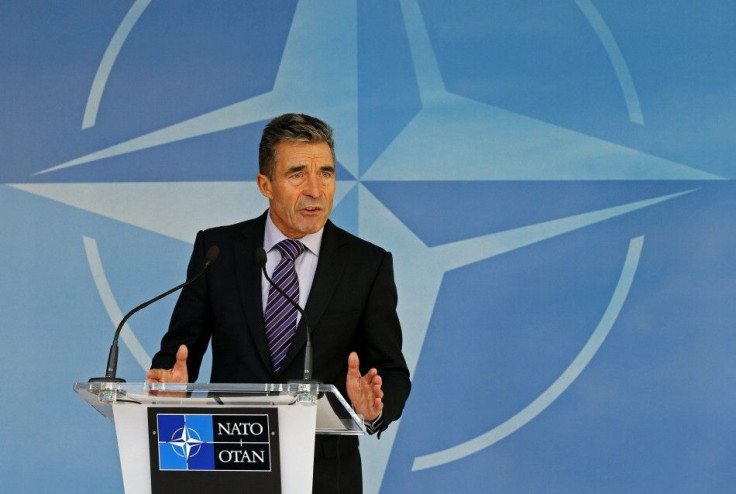Canada To Take Part In NATO Exercise 2015

Canada has decided to join the NATO training exercise called Trident Juncture 2015. The military exercise will include sending warships, jets and troops in a deployment. This is being considered to be the first initiative to combat against Russian forces.
According to The Canadian Press, the Canadian units will take part in a military test at the alliance's crisis response team. The training exercise in 2015 will be held in Portugal, Spain and Italy for several months. Canada's Joint Operations Commander Lt.-Gen. Stuart Beare said that his country was planning to "commit maritime, air and land to the live (fire) exercise." The alliance declared in the previous week that it had plans to send soldiers to eastern Europe for the reason of reassuring allied countries concerned over Russia's aggression.
NATO's crisis response unit presently has 13,000 troops. It also has reserve formations and a headquarters. The unit operates with various countries on rotation. The tenure of the unit for a specific country is generally up to one year. Even though the exercise in 2015 may not put Canada part of the rotation system, it may prepare the country for similar situations. Beare refused to clarify Canada's stance at the moment for political and strategic decision-making reasons. "I can't answer the question specifically, but I can tell you we are acting in a way that, if we do, we'll be really, really good at it," he said.
There is going to be a NATO summit to be held in Wales. It is, however, still unclear if Canada is going to be a regular member of the quick reaction unit. According to U.S. authorities, the quick reaction force may be based in Poland. NATO's summer training, which Canada took part in, was also held in the central part of the European country. If Canada does decide to join the rapid reaction force, it should be ready to open fire if a NATO member gets attacked.
NATO expert Steve Saideman expressed his apprehension about the effectiveness of the rapid unit. At the same time, he said that he was unsure if Canada was ready to commit financially for such a long-term involvement.
Contact the writer: s.mukhopadhyay@ibtimes.com.au





















